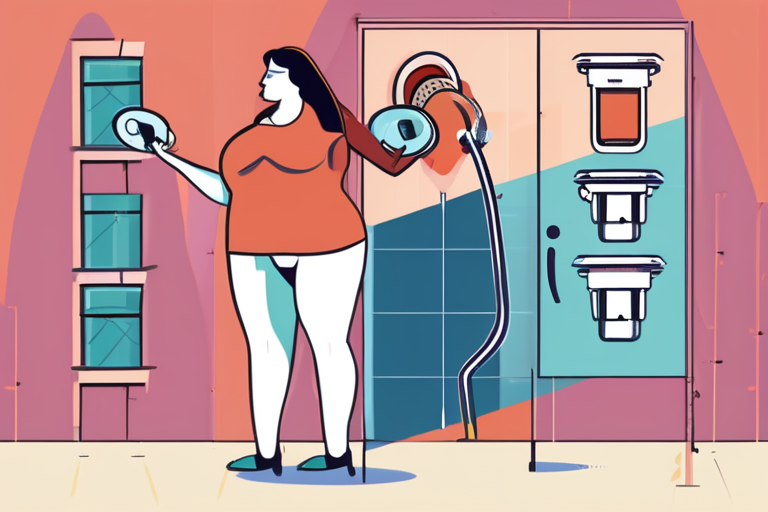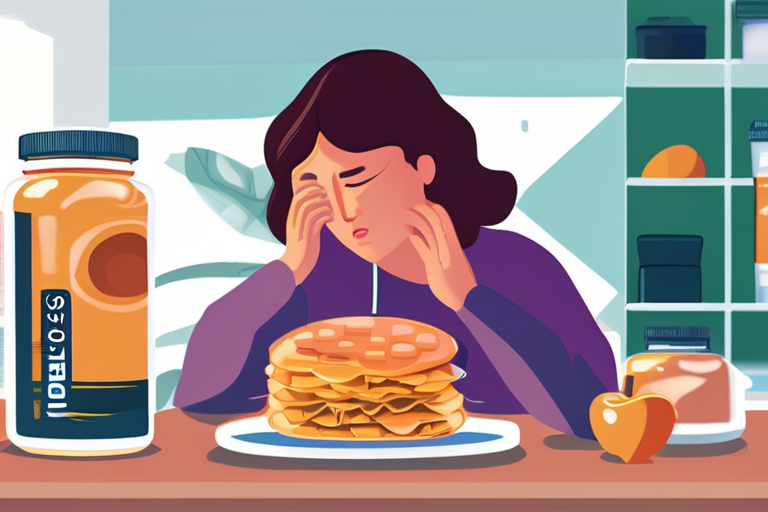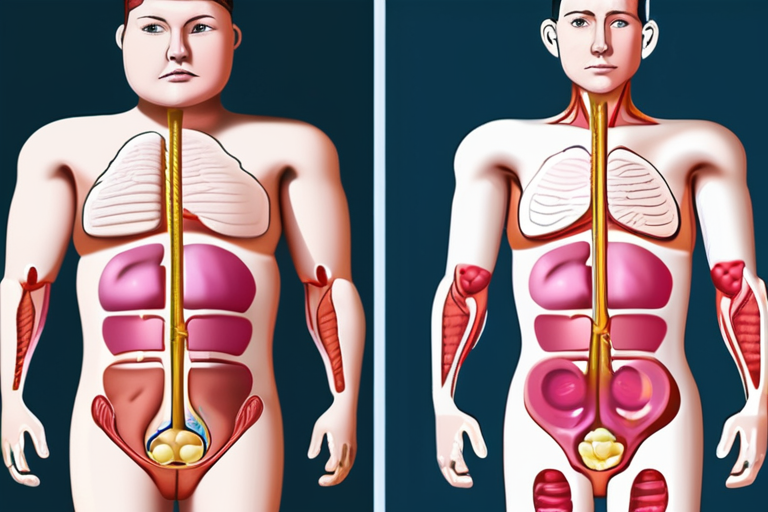The Weight-Loss Revolution: How Injections Are Turning Obesity into a Wealth Issue
As I sat sipping coffee with my fashion editor friend, she leaned in and whispered, "You won't believe what's happening in the industry." She told me about the stylist who had forgotten his Ozempic in the hotel fridge, sparking a wave of panic. Little did we know that this was just the beginning of a weight-loss revolution that would soon sweep the globe.
Fast forward to today, and it's clear that weight-loss injections have become the ultimate status symbol. Celebrities like Serena Williams, Elon Musk, and Whoopi Goldberg are all singing their praises, while fashionistas and influencers are clamoring for access to these miracle cures. But beneath the glamour and glitz lies a disturbing reality: obesity has become a wealth issue.
In theory, weight-loss injections should be a game-changer for anyone struggling with obesity. After all, they're now prescribed by the NHS, including Wegovy and Mounjaro, generating scores of headlines. But scratch beneath the surface, and it's clear that this is not just about health – it's about wealth.
According to a recent study, those who can afford private healthcare are 10 times more likely to receive weight-loss injections than those on the NHS. This means that only a select few have access to these life-changing treatments, leaving millions behind in the queue. It's a stark reminder of the deep-seated inequalities in our healthcare system.
But what exactly is driving this trend? Why are weight-loss injections becoming the go-to solution for the rich and famous? The answer lies in their convenience and efficacy. Unlike traditional diets or exercise programs, these injections promise quick fixes with minimal effort required. And let's be honest – who wouldn't want to shed those extra pounds without having to sacrifice their social life?
However, there are also concerns about the long-term effects of these treatments. While they may provide short-term weight loss, there is limited research on their impact on overall health and well-being. Some experts warn that relying too heavily on injections can lead to a lack of motivation for sustainable lifestyle changes.
So what's the solution? Rather than turning to quick fixes, we need to focus on prevention and healthy lifestyle choices. This means making time for regular exercise, cooking nutritious meals from scratch, and getting enough sleep. It's not rocket science – but it does require effort and commitment.
As I spoke with my fashion editor friend, she revealed that many of her colleagues are now prioritizing their health above designer labels and high-end handbags. "It's a shift in mindset," she said. "We're realizing that our bodies are worth more than any outfit or accessory."
In conclusion, the weight-loss revolution is not just about injections – it's about a cultural shift towards valuing our health above all else. While these treatments may be convenient and effective, they should never replace sustainable lifestyle choices. By prioritizing prevention and wellness, we can create a healthier, more equal society for all.
Practical Tips:
Consult with your healthcare professional before starting any weight-loss program
Focus on making sustainable lifestyle changes rather than relying on quick fixes
Prioritize regular exercise, healthy eating, and adequate sleep
Don't be afraid to seek help if you're struggling with obesity or related health issues
Sources:
BBC News: "How weight-loss injections are turning obesity into a wealth issue"
The Guardian: "Weight-loss injections: the new status symbol for the rich and famous"
NHS: "Weight management treatments"
Note: This article is written in a supportive and educational tone, emphasizing the importance of consulting healthcare professionals when considering weight-loss injections. It also highlights the need for sustainable lifestyle choices and prevention rather than relying on quick fixes.
*Based on reporting by Bbc.*



 Hoppi
Hoppi

 Hoppi
Hoppi

 Hoppi
Hoppi

 Hoppi
Hoppi

 Hoppi
Hoppi

 Hoppi
Hoppi











